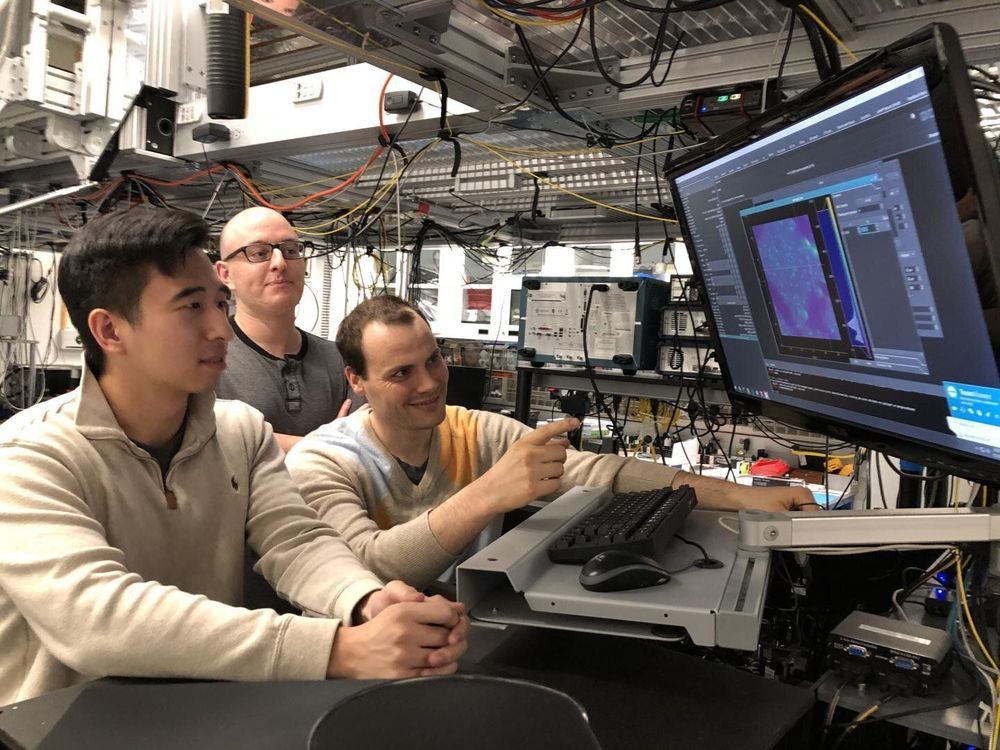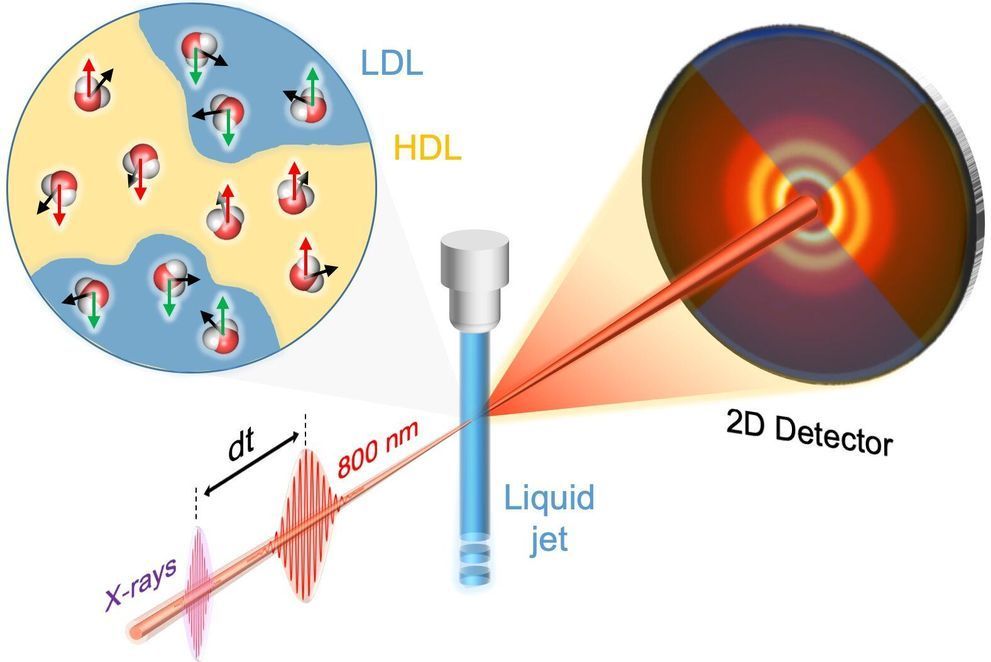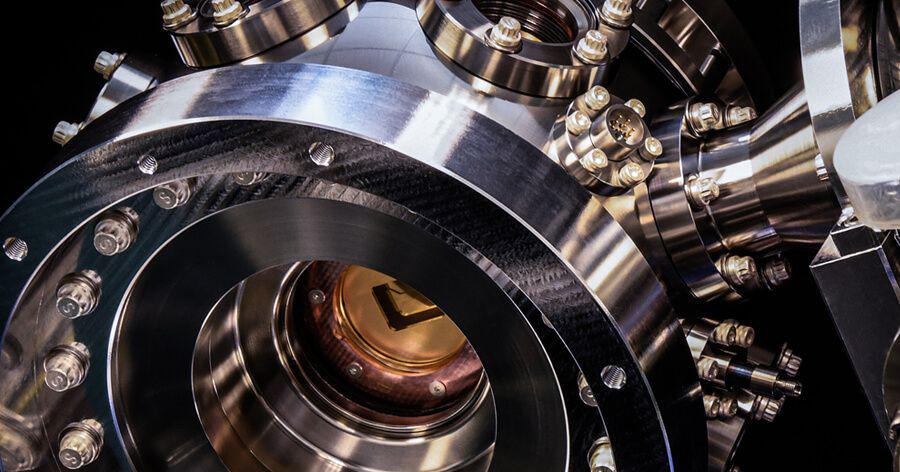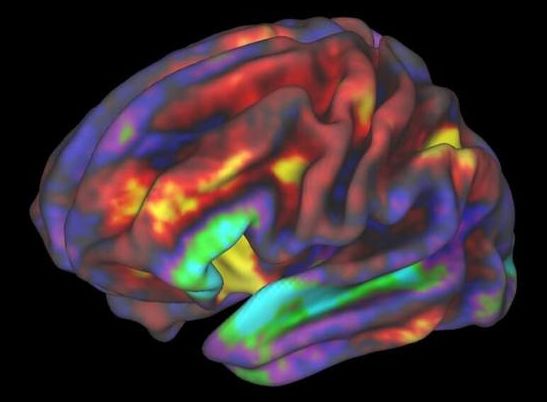A team of researchers working at the University of Maryland has uncovered the structure of the mysterious blue whirling flame. In their paper published in the journal Science Advances, the group describes using computer simulations to determine the structure of the unique type of flame.
Back in 2016, a team of researchers discovered what they described as a blue whirling flame while they were studying the properties of liquid fuel floating on water. They had added fuel to a tank full of water that was enclosed in a space that generated a vortex. They described a fire that looked at first like a tornado, but then shortly after, settled into what they dubbed a blue whirling flame. They noted at the time that its color suggested it likely was very efficient, burning the fuel without creating soot—a property that might be useful in cleaning up oil spills. Since then, others have looked at the unique type of flame, but no one had tried to understand its structure. In this new effort, the researchers took a closer look at the flame and found it was actually three types of flames that had merged into one.
To learn more about the nature of the blue whirling flame, the researchers created computer simulations using conditions known to generate them. They then slowly adjusted the parameters until they were able to generate the flame virtually. They discovered that the flame was actually the result of three known types of flames merging: those with an invisible outer flame, which happens when there is less fuel than oxygen in the mix—and two that had types of visible inner flames in which higher fuel ratios are more common.








